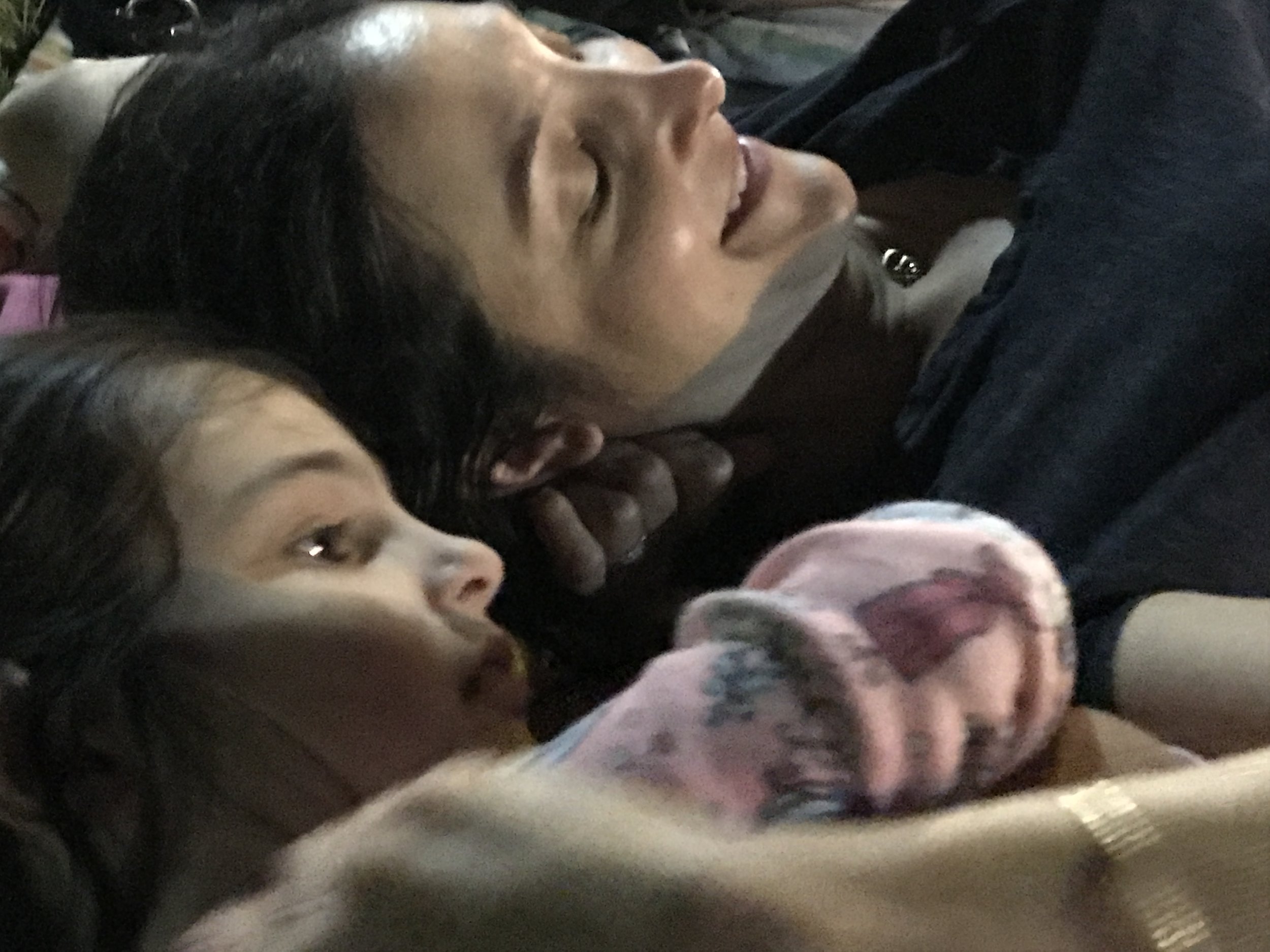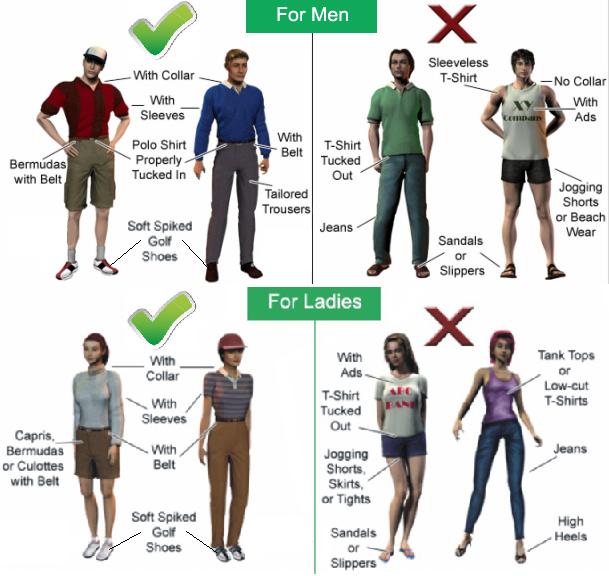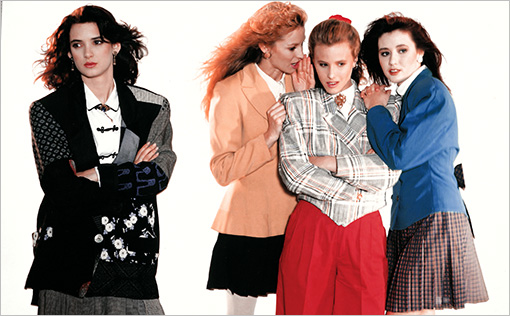I'm not a fan of titles, which is a nice way of saying that I really, really hate titles.
Let me explain.
I have several good friends who have earned doctorates in a variety of fields.
Some are actual medical doctors. If a person is having a heart attack on an airplane and the flight attendant asks if there is a doctor onboard, these are the people who can rightfully stand up and offer assistance.
Others possess doctorates in various non-medical fields: education, public policy, sociology, literature, mathematics, and more. These are folks who remain in their seats during the onboard medical emergency, keenly aware of the limitations of their doctoral title.
Some of these people make use of their doctoral title in professional settings.
Some use it in personal settings, too.
Others do not.
It was years before I learned that some of my friends had earned a doctorate.
Here is my problem with titles like these:
A title like "doctor" is a signal of exceptionally hard work and great academic accomplishment, but it also quite often coincides with the opportunity to engage in this level of academic pursuit. These are intelligent, dedicated individuals who in most cases benefited from parents who supported them at some point during the pursuit of higher education. These are people who were sent to college by their mothers and fathers. Dropped off at the dorms with futons and small refrigerators and desk lamps. These were folks who had some or all of their college education paid for by their parents.
There is a lot of research on the socioeconomics of doctoral candidates that support this assertion.
Doctoral candidates tend not to be people who were forced to work 40 or 60 hours a week while attending college just to feed themselves and keep a roof over their heads. While their accomplishments are no less impressive, they have almost always been earned alongside a certain degree of unwavering familial support.
But what about the people who are perfectly capable of earning a doctorate or other title-conferring degree but did not have the opportunity to do so because of life circumstances?
Take my friend, Amy, for example. Amy is a woman who was raised by a drug addicted mother and an abusive father. She taught herself to drive at the age of 12 so she could bring her mother to the grocery store and force her to buy food for herself and her sisters. Her childhood was filled with uncommon struggle and an unacceptable level of neglect and abuse.
When Amy was young, she was shot in the head and survived. She earned a large settlement as a result of the shooting that she intended to use to pay for college only to discover that her mother had spent the money on drugs. Seeing no other way of paying for college, Amy transformed herself into an outstanding soccer player and earned an athletic scholarship to Sacred Heart University. She graduated with honors and began a teaching career by day and working at night as a waitress and bartender in order to pay off student loans and eventually fund and earn a Master's degree.
Working two jobs while attending college is an incredibly difficult thing. I know. I did it myself.
Amy taught alongside me for several years before rising to the level of vice principal. She is currently home with her first child and expecting her second, but someday in the not-to-distant future, she will be the principal of a school. She has no doctoral degree and may never have the opportunity to earn one given her life circumstances, but is Amy any less deserving of such a title?
I don't think so.
In fact, she might be more deserving of a title than anyone I know.
Honorifics and titles rarely tell us much about a person. They are capital and lowercase letters and bits punctuation that we place ahead of a name as a moniker of some significance, but truthfully, they mean little when it comes to taking the measure of a person.
I know some remarkable people in possession of doctoral degrees. I know some wholly unimpressive people in possession of them well.
And while their title may indicate a certain level of education, they are also often indicators of stable childhood homes, loving parents, a certain level of socioeconomic upbringing, a absence of debilitating injuries or diseases, and much more.
This is why I hate titles. People mistake them as meaning something. Worse, they leave people like Amy without a much deserved title.
This TED Talk by Regina Hartley speaks to this issues well. I highly recommend it.

























